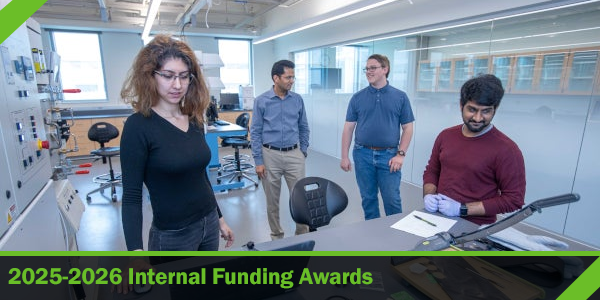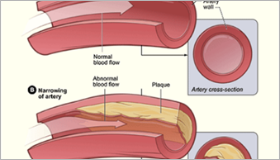
May 2025 |

The Office of Research is pleased to announce another exciting portfolio of internal research projects that have been funded across the University.
51 Undergraduate Summer Research Award (USRA) proposals and 24 Graduate Student Research Award (GSRA) proposals were funded, representing five academic colleges. USRA students will receive personalized research mentoring from faculty and will present their research results at a poster session this fall. GSRA awards support thesis and dissertation research in diverse fields of study, including life sciences, clinical psychology, environmental science, and autonomous vehicles.
11 Faculty Scholarship Initiative (FSI) proposals were selected for funding, with awardees representing five colleges. The FSI Program funds faculty conducting quality research, or other creative or scholarly activity, that advances the respective field or discipline. Four Faculty Research Development (FRD) projects were funded with the expectation that they will lead to larger, externally funded research programs.
|
Multidisciplinary Engineering Team Collaborates with Cleveland, GCRTA on Smart Traffic Signal System A faculty team led by Dr. Jacqueline Jenkins, an associate professor in the Department of Civil and Environmental Engineering (CEE), will partner with the City of Cleveland and the Greater Cleveland RTA to design and pilot a next-generation, intelligent, cloud-based traffic signal system under a project titled “Cleveland Complete Corridor.” Project funding comes from the US Department of Transportation’s Strengthening Mobility and Revolutionizing Transportation (SMART) program. CSU’s team includes Dr. Emmanuel Kidando, Dr. Sathish Kumar, Dr. Mehdi Rahmati, and Dr. Haodong Wang. |
 |
![]()
|
New Ohio DOT Funding for Student-Developed Solutions for Transportation Dr. Emmanuel Kidando, an assistant professor in the Department of Civil and Environmental Engineering (CEE), was awarded $150,000 under the Ohio Department of Transportation’s Student Transportation Advancement Research (STAR) program. STAR is ODOT’s open challenge, grant-style program meant to engage college students to address transportation topics in an innovative manner. STAR challenges students (and ODOT) to identify novel approaches to solve issues, create new value by applying new processes or techniques to established topics, or simply to test out new ideas. CSU’s project includes co-investigators Dr. Josiah Owusu-Danquah, Dr. Mehdi Rahmati, and Dr. Hongkai Yu, and is titled, "Artificial Intelligence (AI) Frameworks for Detecting Roadway Features Along Arterial Roadways from Planimetric Satellites Imagery Data." |
 |
![]()
TVSF Phase 2 Award Announcement The Ohio Third Frontier’s Technology Validation Start-up Fund has awarded a CSU spin out company, ComHealth Data Solutions, LLC, a $200,000 Phase 2 grant. ComHealth was founded by Dr. William Matcham, an associate professor in the School of Nursing, and is commercializing I-Hope, a Community Data Collection platform to digitize patient data collection by Community Health Workers in medically underserved areas. The platform’s interoperability enables seamless data sharing with EMRs, health information exchanges, community organizations, and billing services—streamlining referrals, improving feedback, and enhancing whole-person care. CSU’s Technology Transfer Office and the Entrepreneurs’ Center, which is the Dayton region’s Entrepreneurial Services Provider, were instrumental to ComHealth during the Phase 2 process. |
UPDATE: U.S. Patent Filing U.S. Patent Application 19/184,214 was filed and titled Compositions and Methods for Modulating Cholesterol Efflux naming Dr. Kailash Gulshan, an assistant professor in the Department of Biology, Geology, and Environmental Science (BGES) and a member of the Center for Gene Regulation in Health and Disease (GRHD), as the inventor. The invention relates to a novel approach to prevent atherosclerosis. There is a significant need for technological advancements to enhance diagnosis and treatment of cardiovascular disease (CVD), high cholesterol, and atherosclerosis. The general inventive concepts are based, in part, on the discovery that cholesterol efflux transporter ABCA1 can be induced, leading to an increase in the reverse cholesterol transport pathway. Such inducement leads to a reduction in cholesterol and attendant benefits for patients with CVD. |
![]()
- CSU Physics alumna and undergraduate researcher, Dr. Krista Freeman, is lead author on a new article publised in Cell, "Structure and infection dynamics of mycobacteriophage Bxb1"
- NIH-funded research involving foreign subawards must now be structured as subprojects directly linked to the prime award.

|
© 2025 - Cleveland State University - Office of Research |

